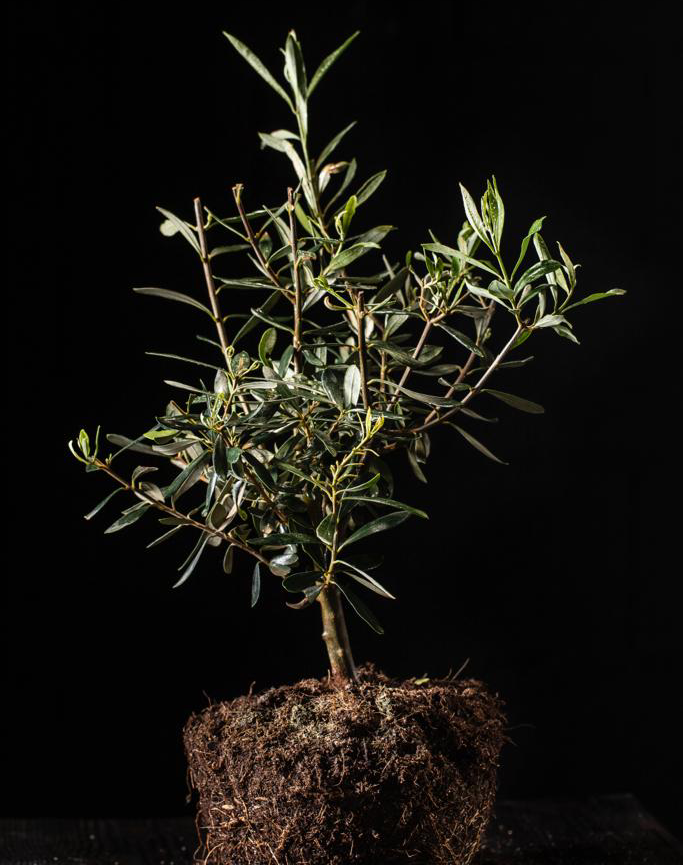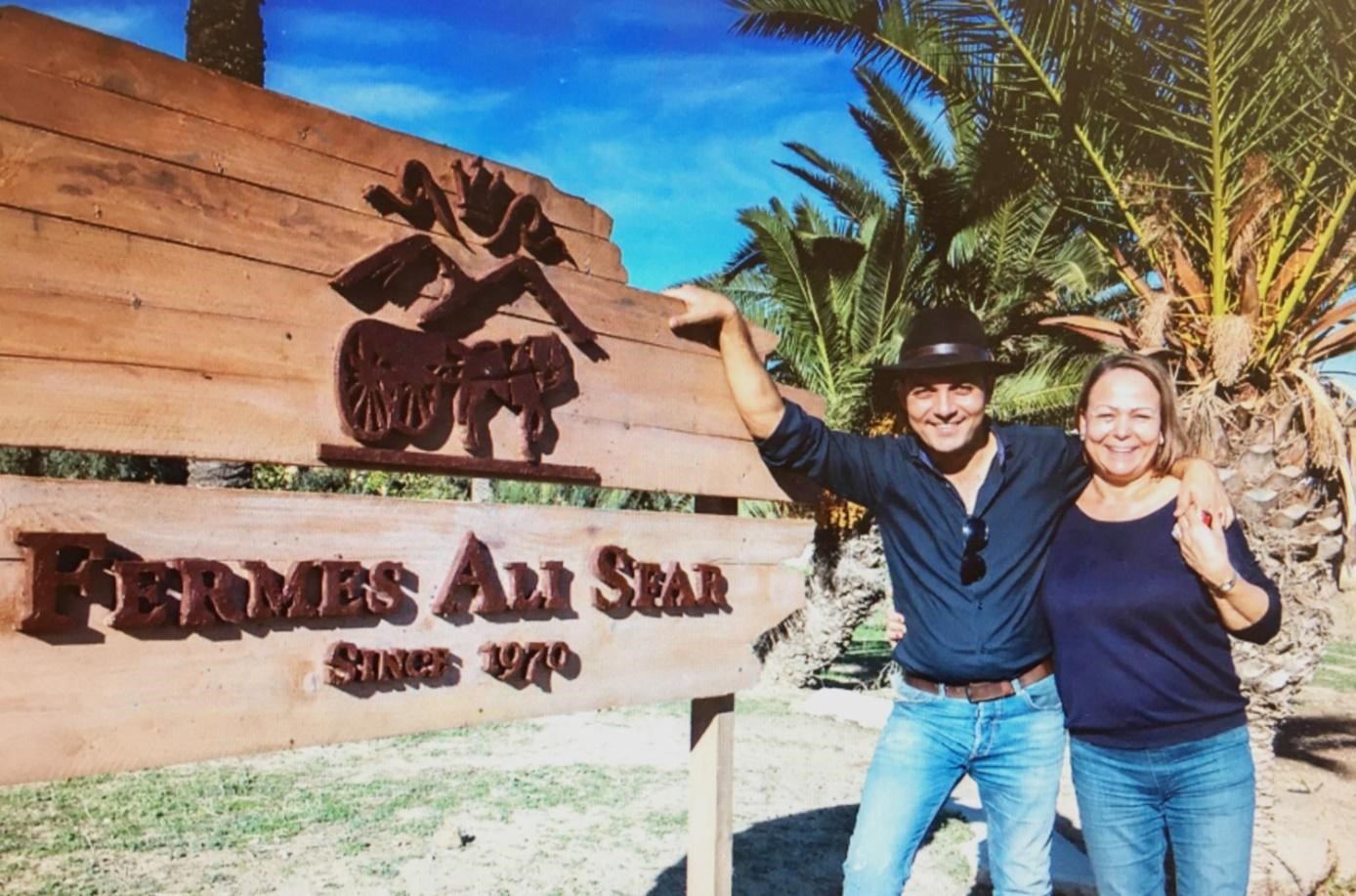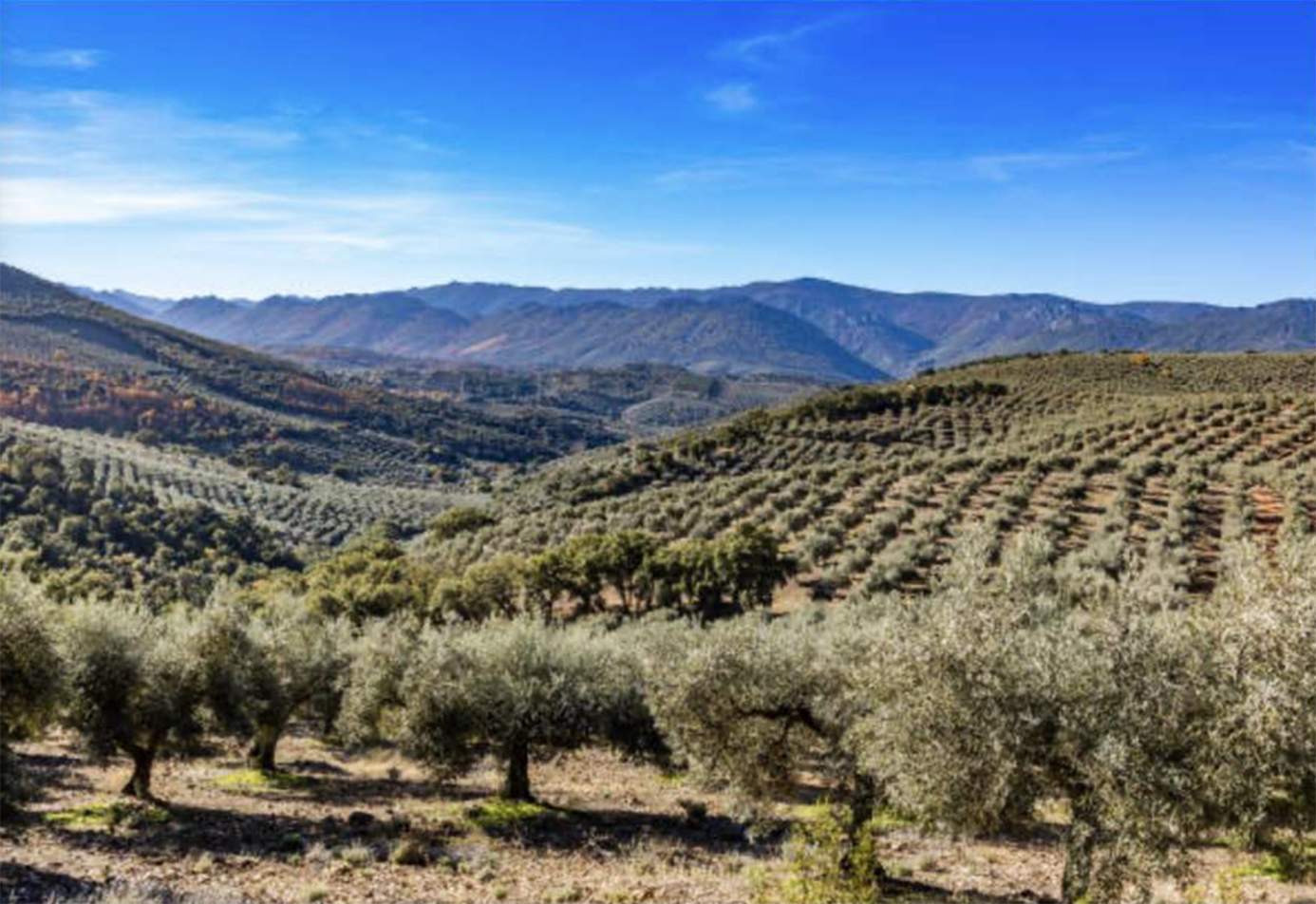
LA CULTURE DE L'OLIVIER
La culture de l’olivier est une pratique millénaire qui remonte à l’Antiquité. Les oliviers étaient déjà cultivés en Mésopotamie il y a plus de 6 000 ans, pour être introduits par la suite dans le bassin méditerranéen. Depuis, l’olivier est devenu un des éléments essentiels de la culture et de l’histoire de la Tunisie.
Cette tradition transmise de père en fils remonte donc à plusieurs civilisations dont les phéniciens, les carthaginois, les grecs, les Romains et les Arabes, qui ont tous laissé leurs empreintes en prenant beaucoup de soins à protéger et améliorer la culture de l’olivier en tant qu’arbre mais également pour extraire une huile de qualité nutritionnelle qui se bonifie avec le temps.






